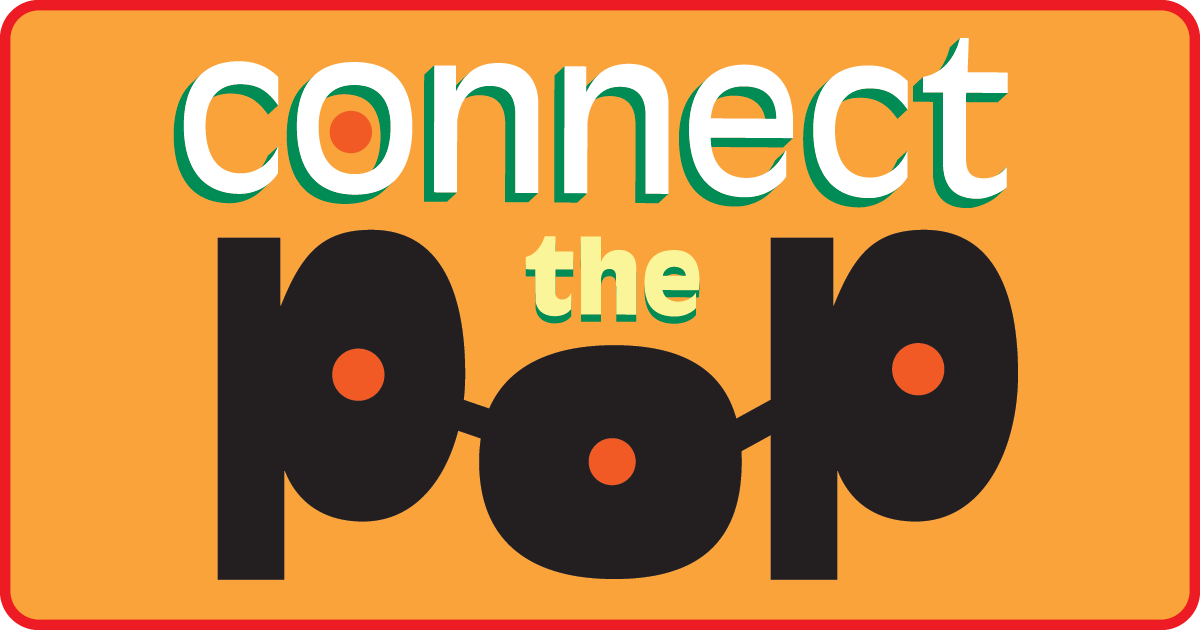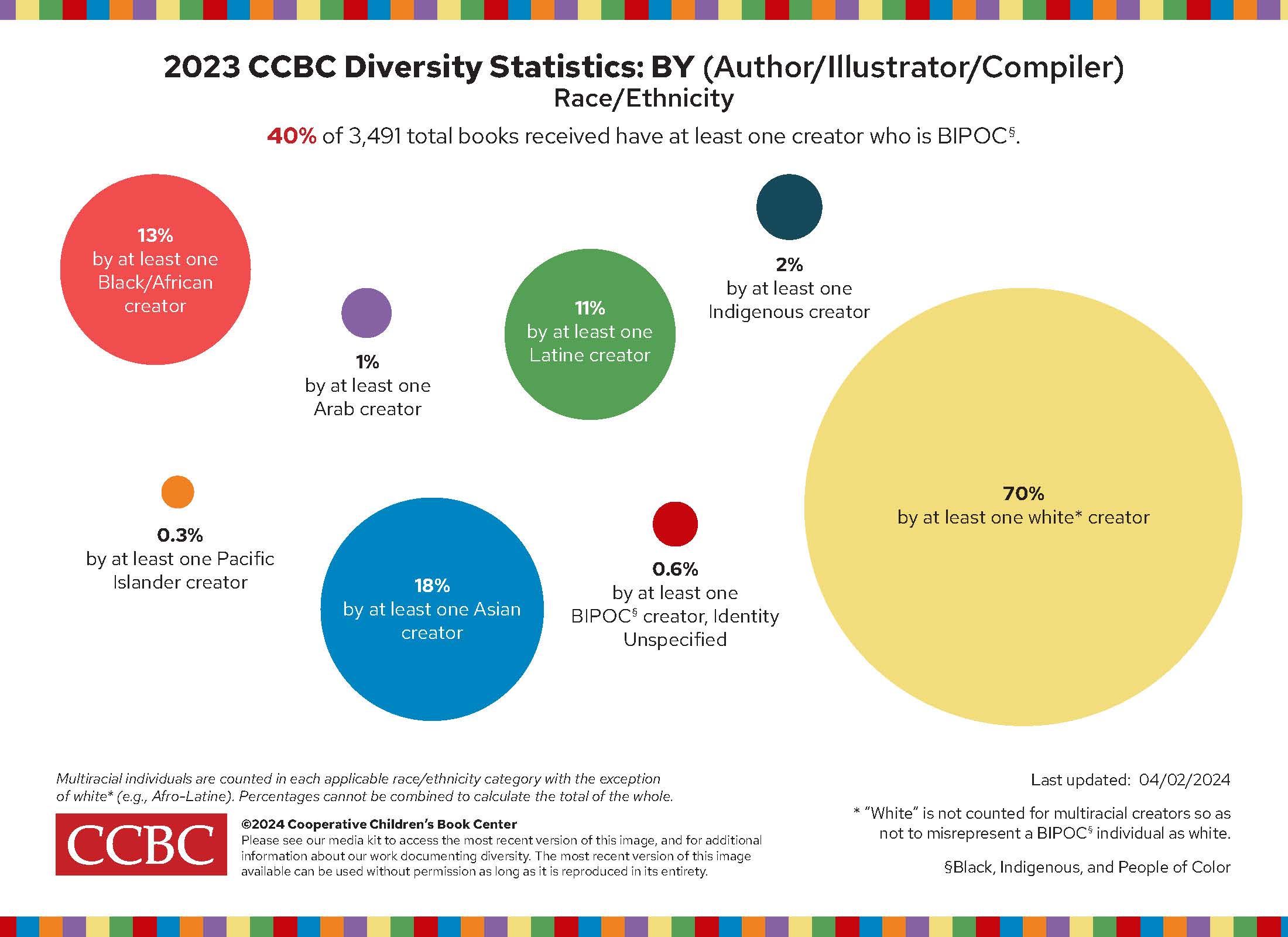SCROLL DOWN TO READ THE POST
You Don’t Need to Go to Comic-Con to Have Fan Literacies
Guest Post by Drew Emanuel Berkowitz
[If you missed the initial two guest posts in this extraordinary series, there was one on the promises and challenges of introducing fanfiction into curriculum, and one that provided practical strategies for doing so. I first met their author when I spoke on pop culture and “fan literacies” at an ed conference earlier this year, and when I chatted with Drew afterward it became clear he knew far more about many of the topics I’d touched upon than I did. So I’m very glad that I asked him if he would share his thoughts and research on fandom with school and youth librarians… and even happier that he agreed. -Peter]

Many of the most popular fanfiction stories are based on books that can be found in public school libraries: The Hunger Games, Twilight, Percy Jackson, Pretty Little Liars, and, of course, Harry Potter. For most fanfiction authors, though, that’s where the connection between fanfiction and public schools ends: they have never been asked by a teacher or librarian about their out-of-school writing, much less used it to fulfill a standard or extra credit assignment. In the past, students’ fan interests might even have been stigmatized by their teachers.
ADVERTISEMENT
ADVERTISEMENT
However, you have the power to bridge the gap between in-school and out-of-school literacies. Many children, including young fanfiction authors, are much more interested in what they read and write outside of schools than inside of schools. It is no small secret that this interest can drastically affect literacy ability: in one study, an eighth-grade child read assigned material at a fifth-grade level, and self-selected material at a twelfth-grade level. Yet, extracurricular writing suffers if students lack standard writing concepts, such as grammar and punctuation, which are arguably still taught best the old-fashioned way.
One way that librarians can address this problem is by setting up in-library displays and demonstrations of their own fan interests. For example, I use the tabletop game BattleTech to show elementary school students how my hobbies rely on mathematics and reading comprehension: I demonstrate how the game requires a strong understanding of addition and subtraction to shoot their robot’s lasers, an even stronger understanding of multiplication and division to design their own robots, and some “extra-credit” vocabulary work to read the more advanced rulebooks. I then ask the students how their hobbies might relate to what they are learning in school.
You and your fellow educators can also work together to share your interests with students. Even if you think students might not be particularly interested in the out-of-school literacies of you and your co-workers, rest assured that they will definitely remember how your interests are related to what they are learning in school. Long after the school year ends, students will still think about their Civil War-reenacting history teacher or their librarian who enters poetry competitions.
By demonstrating your own interests instead of direct addressing the interests of students, you can show young popular culture fans (including those who wish to remain anonymous) that schools welcome and contribute to their out-of-school experiences, but will not try to redefine what it means to be a fan or fanfiction author. Adolescents write fanfiction in many different ways and places, so you do not need to offer your students yet another opinion about the “right” way to enjoy their hobby. Instead, I recommend that you work to make schools an environment that welcomes all sorts of productive literacies, even those that may never end up on a test or exam.
###
 Drew Emanuel Berkowitz is a student in Montclair State University’s Pedagogy and Philosophy doctoral program who conducts qualitative media analysis on documents related to K-12 literacy education. His career includes a wide variety of experiences, including teaching algebra to high school students, logic to college students, archery to elementary school students, and professional hospitality to adults. He is currently finishing a dissertation related to fanfiction, and can be reached at berkowitzd1@mail.montclair.edu.
Drew Emanuel Berkowitz is a student in Montclair State University’s Pedagogy and Philosophy doctoral program who conducts qualitative media analysis on documents related to K-12 literacy education. His career includes a wide variety of experiences, including teaching algebra to high school students, logic to college students, archery to elementary school students, and professional hospitality to adults. He is currently finishing a dissertation related to fanfiction, and can be reached at berkowitzd1@mail.montclair.edu.
Filed under: English, Fandom, Print Media, Transliteracy, YA Literature
About Peter Gutierrez
A former middle school teacher, Peter Gutierrez has spent the past 20 years developing curriculum as well as working in, and writing about, various branches of pop culture. You can sample way too many of his thoughts about media and media literacy via Twitter: @Peter_Gutierrez
ADVERTISEMENT
SLJ Blog Network
Name That LEGO Book Cover! (#53)
Cover Reveal and Q&A: The One and Only Googoosh with Azadeh Westergaard
Exclusive: Vol. 2 of The Weirn Books Is Coming in October | News
Take Five: Middle Grade Anthologies and Short Story Collections
The Classroom Bookshelf is Moving
ADVERTISEMENT
ADVERTISEMENT








